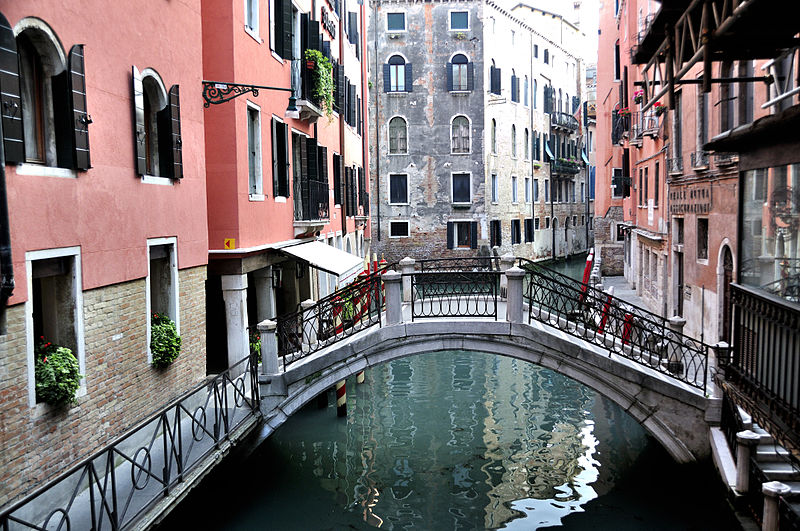
Venice is set to become the world's first city to charge day-trip tourists a €5 entry fee, marking a determined effort to alleviate the challenges posed by mass tourism, as announced by the
city's tourism chief.
Starting in 2024, Venice will implement this €5 fee for tourists visiting the city for the day. It's important to note that visitors staying in hotels or Airbnb accommodations will not be affected by this measure, clarified Simone Venturini, the tourism chief.
The fee will be initially trialed for 30 days the following year, focusing primarily on spring bank holidays and summer weekends when tourist numbers reach their zenith.
Simone Venturini emphasized that this new policy aims to strike "a new balance between the rights of those who live, study, or work in Venice and those who visit the city." It comes as a response to mounting criticism of the influx of day-trip holidaymakers and the presence of large cruise ships that often overcrowd the city.
However, critics argue that the fee misses the root of the issue, which centers on short-stay Airbnb rentals that drive up rents and deter permanent residents from living in the city.
Matteo Secchi, the president of the Venice residents' activist group, expressed concerns that the entry fee would effectively transform Venice into a "Disneyland." He contended, "Making visitors pay to get in turns Venice into a museum or a theme park rather than a city where people live, go to the supermarket, and drop their kids off at school."
The idea of introducing fees for day tourists was initially raised in 2019 but was postponed due to the COVID-19 pandemic. Last year, Venice contemplated charging tourists €10 for year-round entry but ultimately abandoned the plan, citing resistance.
A spokesperson for Mayor Luigi Brugnaro explained that the delay was attributed to the city council's pending approval of a new admissions process, which was anticipated to involve technical and procedural complexities, extending the scheme's timeline by six months.
Residents now await the forthcoming announcement, expected next week, which will outline the precise details of the new plan and how it will be implemented starting in 2024, following final council approval.
Venturini clarified that the fee will generate revenue solely to cover administrative expenses and will apply only to visitors aged 14 and older.
The Italian government had previously enabled Venice to establish separate limits on rentals, focusing on curbing Airbnb rentals and preventing homeowners from leaving the city and renting their properties to tourists for extended periods. The declining population of Venice in recent years has been partially attributed to residents leaving and renting their apartments to tourists, thereby reducing the availability of housing and driving up costs for permanent residents.
Similar to Venice, Barcelona took action in 2021 by becoming the first European city to ban short-term private room rentals lasting less than 31 days. Additionally, Rome and Milan, two of Italy's major tourist destinations, have sought the authority to restrict short-term room rentals due to rising rents and stagnant incomes.
Local concerns also revolve around the spending patterns of short-term visitors, who tend to contribute less to the local economy compared to tourists who stay for several days. Venice's main island, with its modest two square miles, is home to 50,000 permanent residents and welcomed 19 million visitors in 2019, averaging around 52,000 tourists per day and often doubling during peak seasons. However, over three-quarters of these visitors come for just a single day.
Overnight guests in Venice already pay a city tax ranging from one to five euros per night and will be exempt from the newly proposed system. Nevertheless, critics argue that the introduction of an entry fee may not substantially alter the dynamics of tourism in the city. Local newspaper Corriere della Sera previously commented that "Venice is becoming more and more like Disneyland" in response to the initial announcement. Photo by gnuckx, Wikimedia commons.









































